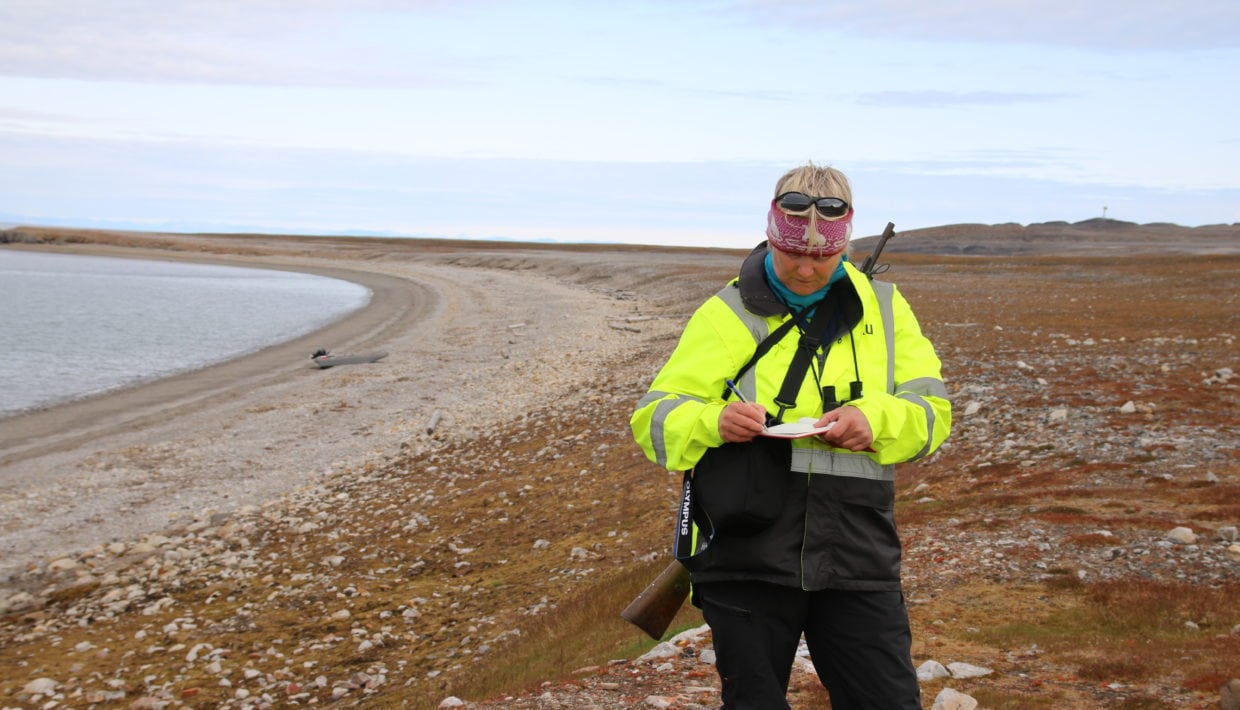
New CULTCOAST research article
Climate change impacts and fungal decay in vulnerable historic structures at Svalbard
By Anne-Cathrine Flyen, Cecilie Flyen and Johan Mattsson
Abstract:
This paper emphasises on degradation of wood in cultural heritage structures at Svalbard. Nowhere else does global heating occur faster. Negative impacts of climate change will increase the strain on wooden structures and can daily be observed at Svalbard.
The severe changes affect the degradation rate of wooden constructions, including cultural heritage. Certain microclimates, also in Polar areas, are favourable to fungal growth and decay. The probable enhancing effects climate change have on fungal degradation in wooden structures are however alarming.
The paper displays findings of measurements from four different case study projects at Svalbard between 2009 and 2019. The results have been analysed separately, compiled and discussed in context, and towards relevant literature. We claim that impacts of climate change may not be generalized in order to predict effects in building materials.
Further, that with extended knowledge on how climate change affects natural development of fungal decay, negative impacts may be reduced. Lessons learned from high Arctic areas might add longevity and sustainability to wooden cultural heritage constructions, also in different areas and environments.
The paper is part of two of the authors’ PhD work at the Norwegian University of Science and Technology.
Read the article here: Climate change impacts and fungal decay in vulnerable historic structures at Svalbard

